Bernie Ecclestone may be 94 years old, but the most influential man in the history of Formula 1 is still keeping a very close eye on the sport he built up over the years.
Liberty Media bought the Formula One Group from Bernie Ecclestone back in 2017 and was on the board of directors until 2020, but still has plenty of influence in the paddock.
He’s regularly spotted on the grid before races and if Martin Brundle gets a chance to speak to him when he sees him during his pre-race routine for Sky Sports, he’s never shy when it comes to sharing his opinions.
Ecclestone took part in two Grand Prix during the 1958 season, failing to qualify in Monaco before deciding not to participate at Silverstone, but his influence in F1 has always been on the marketing side of things.
He modernised the sport and found a way to make it profitable for everyone involved, while also making it a worldwide attraction.
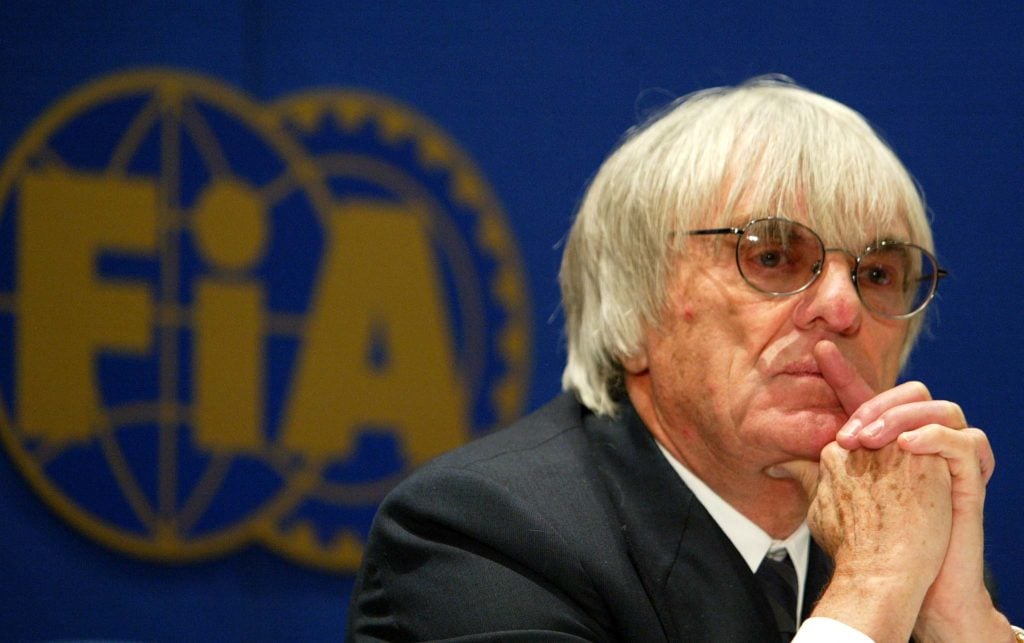
Ecclestone pushed for Mick Schumacher’s return to F1 last year, understanding how important it could be to have a driver with such a prominent name on the grid.
He’s still interested in what happens on track too and Ecclestone said Max Verstappen’s win in Sao Paulo reminded him of Michael Schumacher after his incredible victory from P17 on the grid.
Journalist Jon Noble, speaking on The Race F1’s Patreon, has detailed the sway Ecclestone still has among the team principals after his contribution to the latest F1 commission meeting that took place in London before the F1 75 livery launch event.
Bernie Ecclestone recommended return of V10 engines during latest F1 commission meeting
Talking about what was happening in the paddock during pre-season testing, Noble explained that he’d heard something about the last F1 commission meeting in London.
He explained: “It’s been quite interesting that this word of just as teams knuckle down their engines and their chasses [for 2026], this Mohammed Ben Sulayem comment about V10s comes up.
“From what I understand, this topic resurfaced at the recent F1 commission meeting.
“I’m told Bernie Ecclestone phoned up Red Bull boss Christian Horner, who put him on speaker phone in the middle of the table and asked him, “Bernie, what should we do with Formula 1?’
READ MORE: Bernie Ecclestone backs ‘magic’ F1 driver to win championship in ‘next two years’
“And it was there that Bernie threw in the idea of going back to V10s and I think that’s kind of germinated an idea potentially which then Mohammed Ben Sulayem has talked about and there is support for it which is interesting.
“Are teams that feel that these new regulations potentially aren’t working for them, Red Bull and Christian Horner for example, it’s his first engine, it’s Red Bull’s first engine next season.
“Do they feel they’re behind, do they feel it’s too expensive, do we need to go back to simplified engines?
“So, are we going to get this push for 2030 to go in a different direction and push on and now we’ve got the FIA bang in the heart of it at a time when we’re coming up for Concorde Agreements negotiations.”
What has Mohammed Ben Sulayem said about the return of V10 engines in Formula 1?
From 2026 onwards, Formula 1 cars will use hybrid engines as part of the sport’s push to be more sustainable.
However, with better and more sustainable fuels being developed, the return of the iconic V10 engines might not be completely out of the question.
Unsurprisingly, Ecclestone has suggested this given the surge in popularity F1 experienced during the V10 era which ran from the late 1980s to 2005.
READ MORE: Bernie Ecclestone shares the £3m agreement he made that saved Lewis Hamilton’s Mercedes career
Ben Sulayem wrote on social media after the commission meeting and despite no mention of Ecclestone’s influence, he said: “This week’s F1 launch in London has triggered a lot of positive discussion on the future of the sport.
“While we look forward to the introduction of the 2026 regulations on chassis and power unit, we must also lead the way on future technological motorsport trends.
“We should consider a range of directions including the roaring sound of the V10 running on sustainable fuel.
“Whichever direction is chosen, we must support the teams and manufacturers in ensuring cost control on R&D expenditure.”
It would mean teams are developing power units – spending millions in the process – that might only be used for a few years.
This isn’t uncommon in Formula 1, but doesn’t exactly lean into the sustainability that the sport is striving for in the future, even if it would be a popular return among fans.



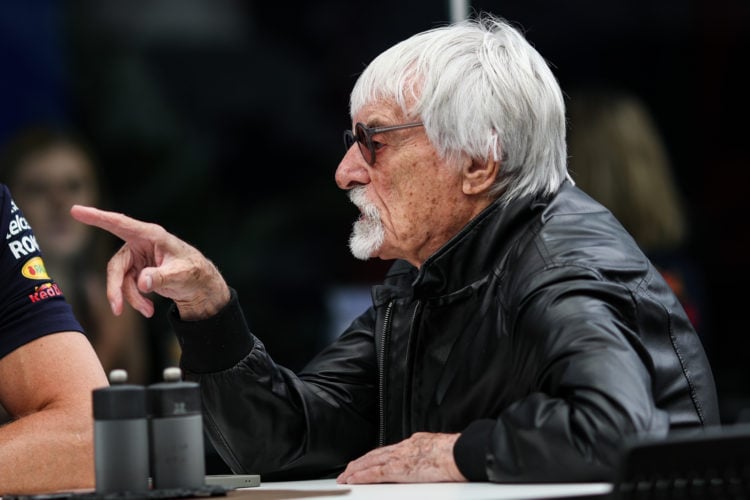
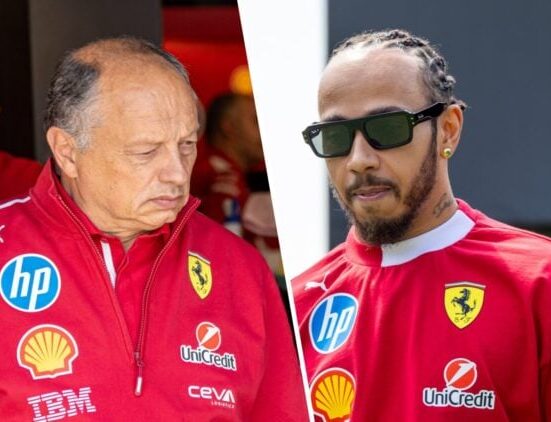
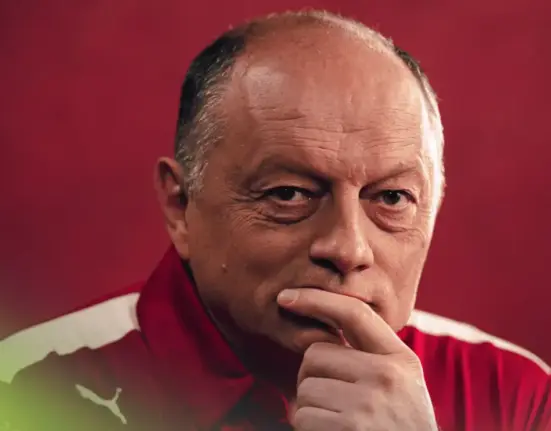

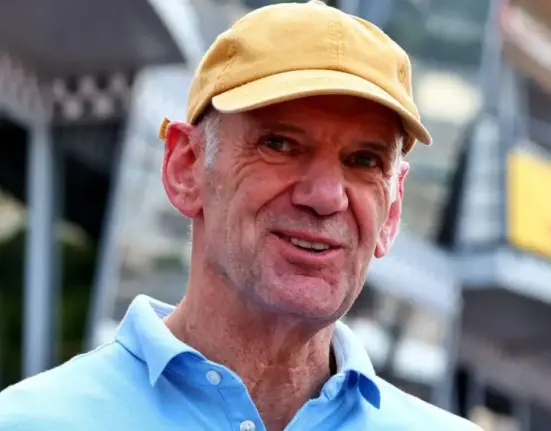
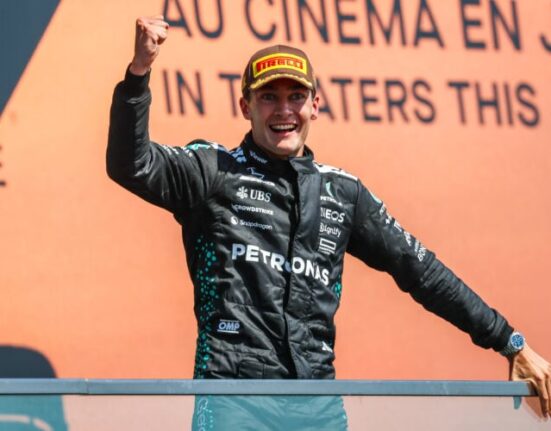

Leave feedback about this